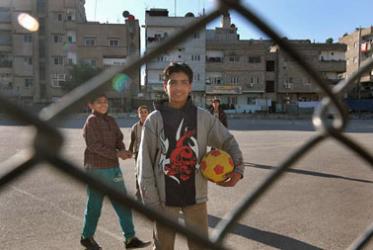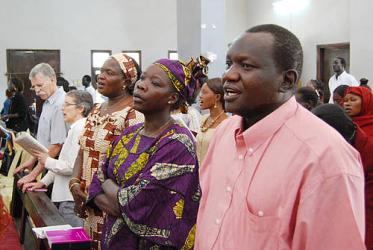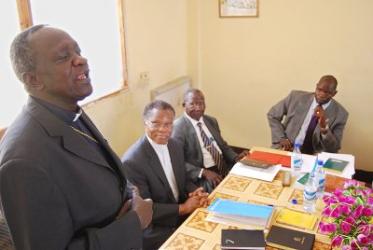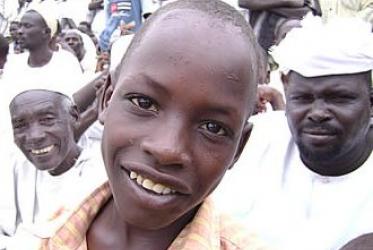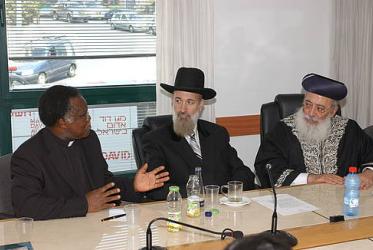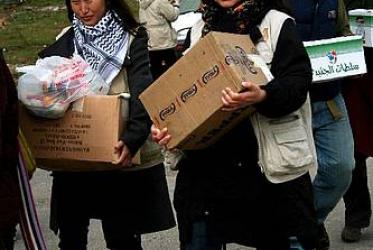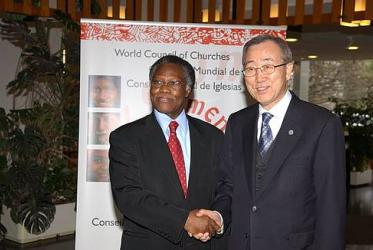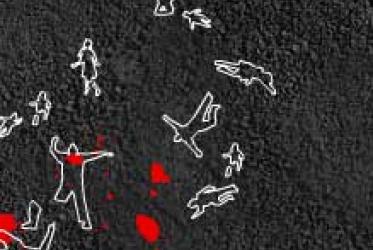Displaying 3121 - 3140 of 3463
24 April 2008
WCC delegation visits Christians in the UAE
22 April 2008
The passing of Krister Stendahl, an eminent ecumenist
18 April 2008
"Ignored by the whole world" - a visit to Yambio, Sudan
17 April 2008
Danish churches to dialogue with Muslims
10 April 2008
Sudan: churches at a crossroad
04 April 2008
Sudanese churches face "tremendous tasks and challenges"
28 March 2008
WCC calls for UN fact finding mission to Papua
17 March 2008



